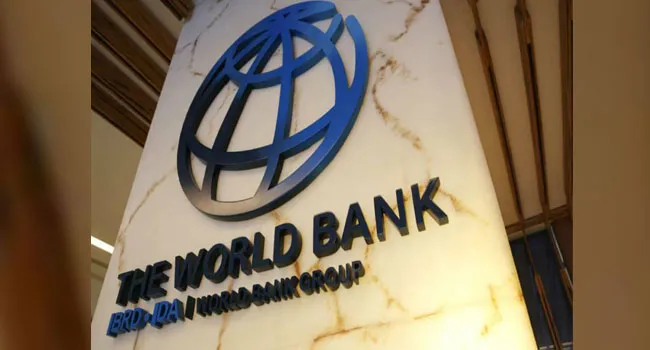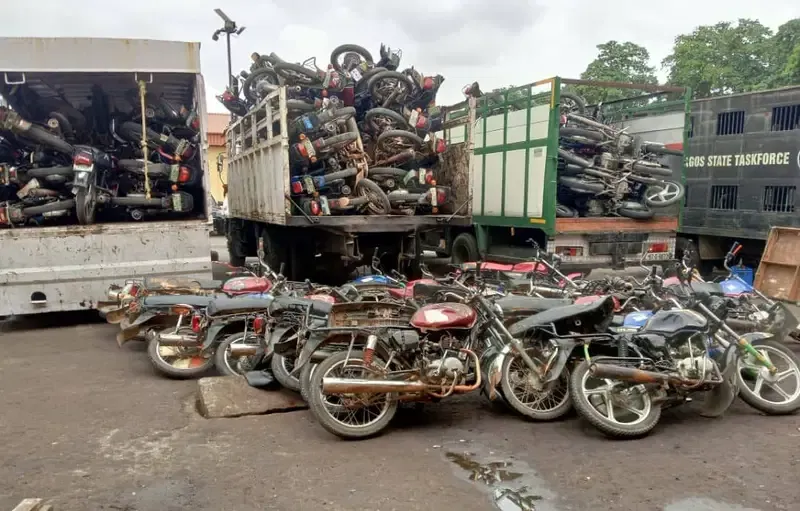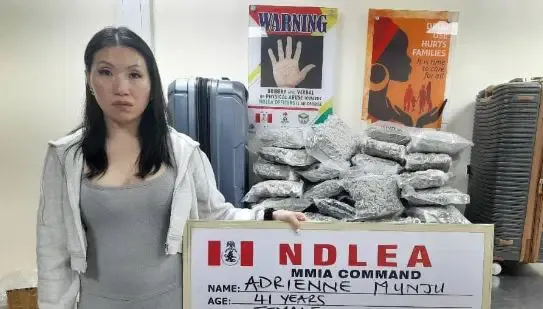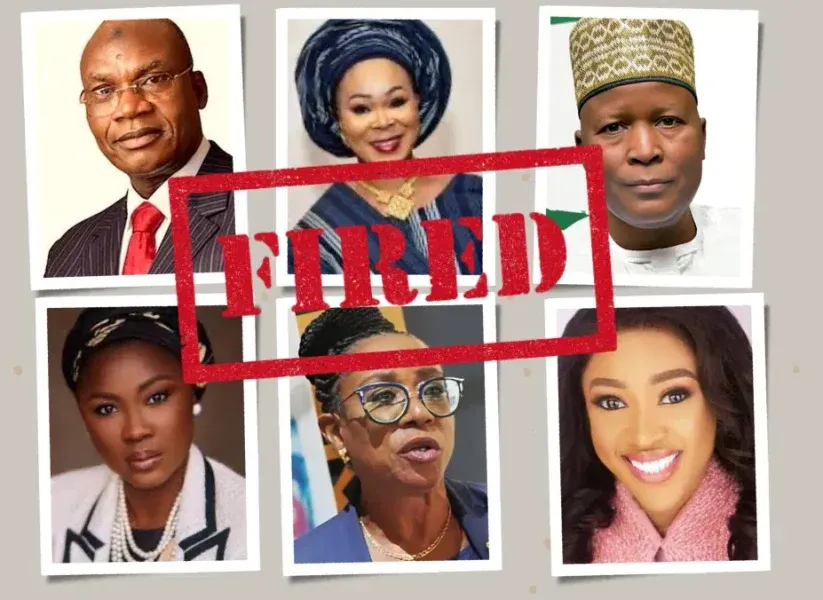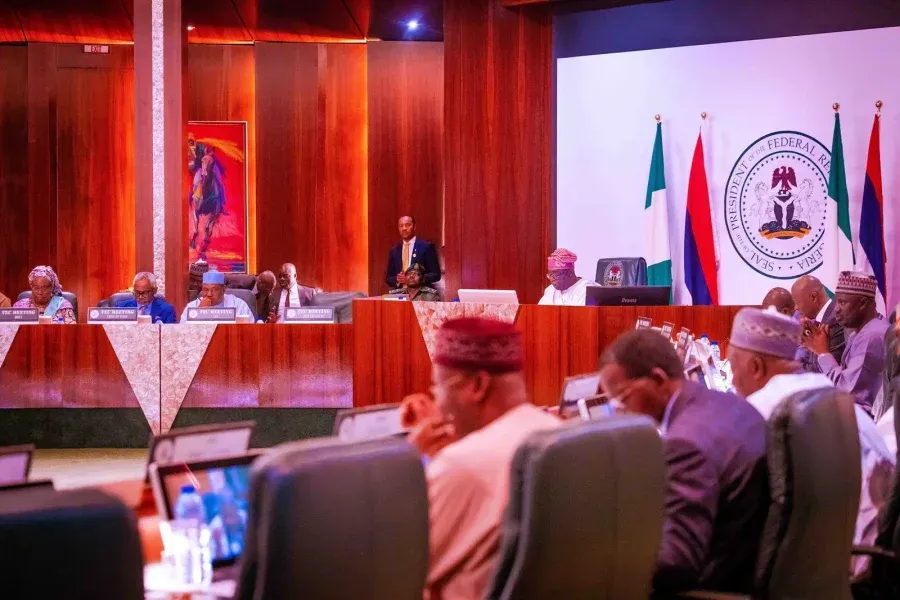The Independent Corrupt Practices and Other Related Offences Commission (ICPC) in Nigeria has come under scrutiny for its failure to prosecute lawmakers implicated in graft associated with constituency projects, despite years of investigative efforts.
Established with the mandate to investigate and prosecute corruption offenses, the ICPC launched a comprehensive initiative five years ago to verify the execution of constituency projects by Nigerian lawmakers nationwide. However, despite uncovering evidence of widespread corruption, the agency has yet to hold any individuals accountable under the Corrupt Practices and Other Related Offences Act of 2000.
According to records, an estimated N2 trillion has been allocated to constituency projects between 2003 and 2024, with little tangible impact on the development of communities. These funds, disbursed annually to senators and members of the House of Representatives, are intended to facilitate quick impact schemes and accelerate local development.
Despite the ICPC’s extensive verification exercises, which spanned various states and revealed alarming levels of graft within constituency projects, the agency has been hesitant to prosecute those implicated. While the ICPC’s reports have highlighted instances of lawmakers awarding contracts to themselves or their associates, no names have been disclosed, and no prosecutions have ensued.
Recent revelations from the ICPC indicate ongoing investigations into fraudulent activities related to constituency projects. The agency claims to have frozen 200 bank accounts linked to fraudulent transactions, recovering N5.6 billion in misappropriated funds. However, critics argue that without prosecutions, these efforts lack meaningful deterrent effect.
Former president Olusegun Obasanjo’s condemnation of constituency projects as hubs of corruption underscores the longstanding challenges facing anti-graft efforts in Nigeria. Despite initiatives like the Constituency and Executive Projects Tracking Group, chaired by Prof Bolaji Owasanoye, the pervasive nature of corruption within these projects persists.
Civil society organizations and activists have expressed dismay at the ICPC’s failure to prosecute offenders and ensure accountability. Dr. Zikirullahi Ibrahim of the Resource Center for Human Rights and Civic Education emphasizes the need for greater autonomy and political independence for anti-corruption agencies to effectively combat graft.
Similarly, Mr. Eze Onyekpere of the Centre for Social Justice advocates for punitive measures to deter future misconduct, lamenting the lack of accountability despite the recovery of misappropriated funds.
While the ICPC’s recovery efforts are commendable, Auwal Musa Rafsanjani of Transparency International Nigeria underscores the importance of transparency, accountability, and public participation in combating corruption effectively.

